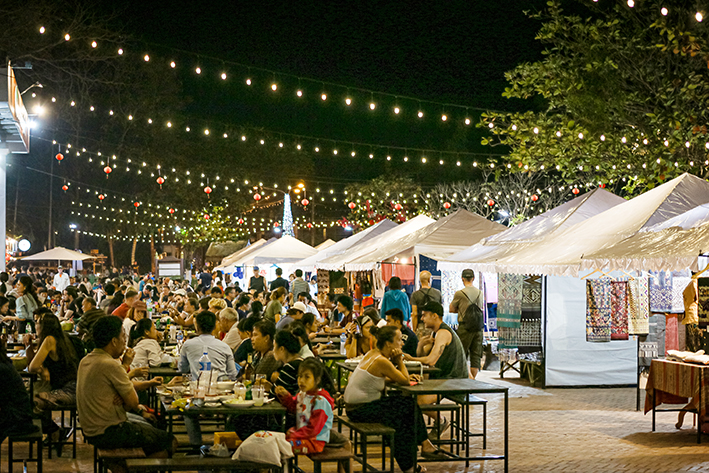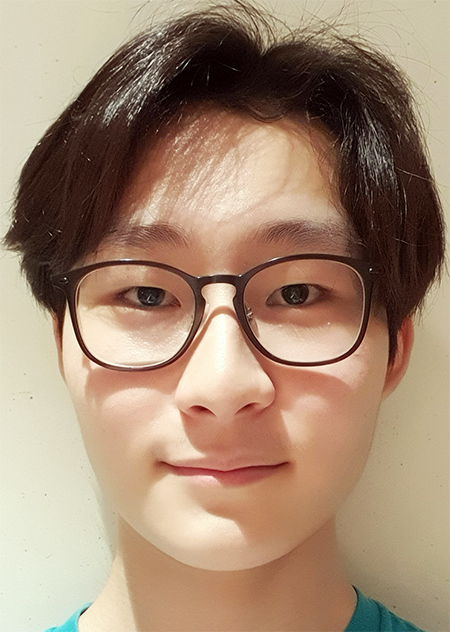In late December 2019, my friends and I read a news story about an unknown disease that apparently emerged from Wuhan. Initially, there were 5 cases of the disease, and no one thought much of the situation, including myself – despite living in Wuhan. However, the number of cases surged exponentially to 50, 100, and 300. Only then, people began talking more about the “unknown disease.” Still, the number of cases was only a fraction of the population in Wuhan, so nothing seemed too serious.
After a couple weeks in mid-January of this year, I was participating in a service trip to Laos that was planned months ago. The unknown disease was continuously spreading but still relatively low in numbers, which was why plans were not cancelled. My trip group was composed of approximately 20 students, and only a couple students actively wore masks as a safety concern. No one in the airport bothered to wear masks, and the public seemed unalerted, which made me anxious and doubtful of how vulnerable people were to the unknown disease. I did not feel too confident after noticing this, as I knew that it wasn’t very safe to remain outside.
Arriving in Laos did not make me feel secure either, as I noticed that the locals were not at all aware of the novel virus. This made me think of the devastating effects the disease could inflict if it were to spread to other countries, as people were still relatively oblivious of the virus. Additionally, due to Chinese New Year, Chinese people were more prone to travelling to other countries as a way of celebrating the holiday, which placed the entire world at potential risk. I was frustrated and fearful; however, it was too early to assume anything, so I decided to focus on my trip instead of expressing too many unnecessary concerns.

After a while, my trip was disturbed by serious news. The service trip was initially planned to last 10 days, but it got delayed due to the sudden lockdown of Wuhan, which deterred everyone from going in or out of the city. My concerns became a reality, and most of my friends were devastated by this news. Instead of tensing up, though, I attempted to cope with this situation by looking for solutions. After talking to my teachers, I figured that it would be best to go back to Korea, as I could not go back to Wuhan. My parents, who were fortunately out of Wuhan, decided to come to Laos to pick me and my friends up, as we needed a guardian who could supervise us. By actively looking for solutions, a situation that seemed to have reached an impasse altered into a foreseeable future. The process of flying to Korea was indeed extremely cautious, as everyone took precaution and wore masks. It was uneasy to see how vigilant people had become after COVID-19 made headlines internationally, but it meant that people would be aware of the virus, which made me less anxious than I previously was. My friends also said, “It feels safer looking at people wearing masks. I don’t think we have to worry about people sneezing on us anymore.”

Since then, I have been staying in Korea for approximately half a year. Reflecting these couple months, I never would have guessed that this situation would turn into a global pandemic. The fact that my normal life was abruptly disrupted allowed me to learn and experience that my life was always susceptible to unforeseeable changes due to the occurrence of sudden events. Upon reflecting, I also realized that such an epidemic is not a simple matter and needs to be taken care of in a diligent manner. The most effective solution, obviously, would be combating COVID-19 with a vaccine; however, as this is not a viable option yet, we should all be thorough about following the preventive measures.

Sunwoo Kwak
Grade 11
Wuhan Yangtze International School

